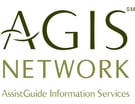Do you ask your clients for trusted contacts?
Since 2018, brokerage firms have been required by FINRA Rule 4512 to ask their retail customers to provide the name and contact information of a trusted contact person. Although the rule applies only to broker-dealers, it’s still a best practice for all wealth management and financial advisory firms to gather this information from clients.
Unfortunately, time-strapped advisors too often treat getting trusted contacts as an administrative task versus an opportunity to grow their practice. Trusted contact record-keeping should be thought of as a critical practice infrastructure, contributing far more than a list of emergency numbers. If you’re not already asking clients for trusted contacts, here are two key reasons why you should.
Reason 1: Protect aging clients from fraud and exploitation
As an advisor, you help clients build sound financial plans. However, all of that planning can be for nothing if your clients lose their money to elder financial exploitation. Millions of older Americans become victims of scams or financial abuse each year and lose more than $3 billion annually to these crimes, according to the FBI.
The aim of FINRA Rule 4512 is to protect investors—particularly seniors—from fraud and exploitation. Firms can reach out to their customers’ trusted contacts if they are concerned about activity in customers’ accounts.
Advisors are the first line of defense for older adult clients. By creating your own trusted contacts policy, you can get authorization from clients to reach out to someone they trust if you suspect your clients’ assets are at risk of exploitation. A trusted contact can help you confirm suspicions that a client’s financial decision-making ability has been impacted by cognitive decline issues or that a client is being taken advantage of by scammers or even family members. In short, it’s the right thing to do to provide your clients with the protection they deserve.
Reason 2: Gain new clients
The added benefit of asking clients for trusted contacts is that it gives you an opportunity to connect with those contacts—most of whom are likely clients’ adult children—and potentially gain them as clients. What matters is that you establish relationships before a moment of crisis.
As you likely know, the majority of children won’t use the same advisors as their parents. According to Cerulli Associates, 70% of heirs fire or change financial advisors after inheriting their parents’ wealth. That trend can be reversed by proactively engaging with clients’ children.
So rather than simply entering the names of your clients’ trusted contacts into a database,, find ways to add value to trusted contacts over time. Of course, inviting contacts to an informational session to foster money conversations is ideal– it builds trust and aids wealth transfer preparation. However, this is not not always possible.
Many advisors hesitate to put themselves in the middle of tough conversations. Consider, instead, introducing smaller points of contact with either the spouse or next generation, through the items, tools and exposure they need to be helpful to your older client.
For example, account passwords are often shared between generations, albeit not always safely. Offering your clients a secure digital password manager through your practice and getting their critical information out of the kitchen drawer can create a vital bridge to spouses and adult children. Password managers allow permissioning to give clients control over sensitive account information they share while exposing the broader family to your brand.
A virtual vault for estate planning documents, insurance policies and other important documents is another digital tool that can connect generations with access to the things they need today—again, all through your practice and brand.
Not only will those who are using your practice’s digital tools be better prepared to help your older clients as they age, but also they will be building a relationship with you and your practice.
A better way to connect with trusted contacts
Regardless of whether you try to bring in trusted contacts as clients, you need to be connecting with those contacts before there is an emergency. After all, these are the people who are supposed to be the first line of defense in protecting your clients against fraud and exploitation.
A smart system such as the Carefull Pro digital platform for advisors and planners can make it easier to get trusted contacts involved and to build a relationship with them before there is a crisis that forces you to contact them. Clients can link their financial accounts to Carefull and get 24/7 monitoring and alerts when it spots signs of fraud, misuse or money mistakes.
They also can name trusted contacts in the Carefull service and choose to give those contacts view-only access to alerts or even specific transactional information. A contact then can react when Carefull sends alerts about unusual account activity before small problems become bigger ones. Carefull’s Vault also enables storage and sharing of passwords and documents with trusted contacts, turning contacts into the “spine” that connects generations.
With Carefull, your clients’ trusted contacts will have the account information they need and essential documents to respond better to emergency situations. And by providing a low-effort, tech-savvy solution, you can give yourself the tools and time to win over younger generations.
Learn more about how to add Carefull to your practice.
Carefull is a NAIFA partner. For members, you can learn more about Carefull and how to partner within the Member Portal.






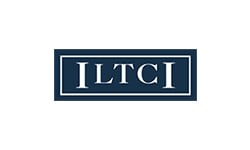

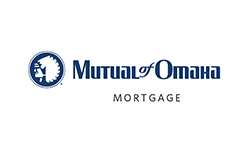
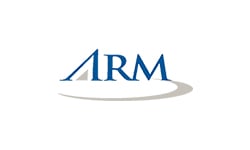
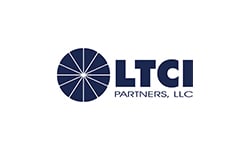




-CMYK.png?width=250&name=LifeSecureLogo(F)-CMYK.png)
